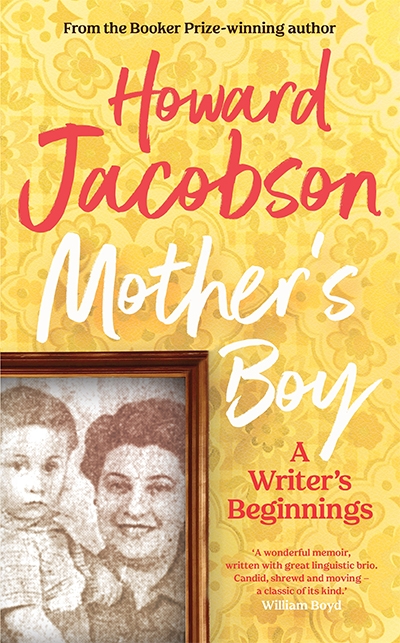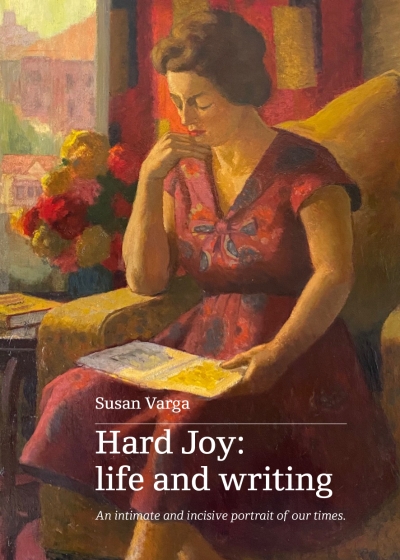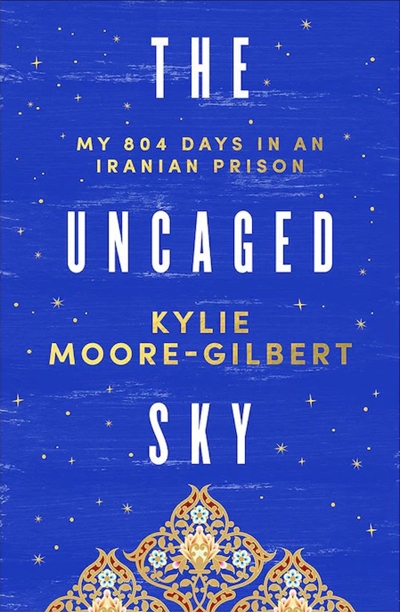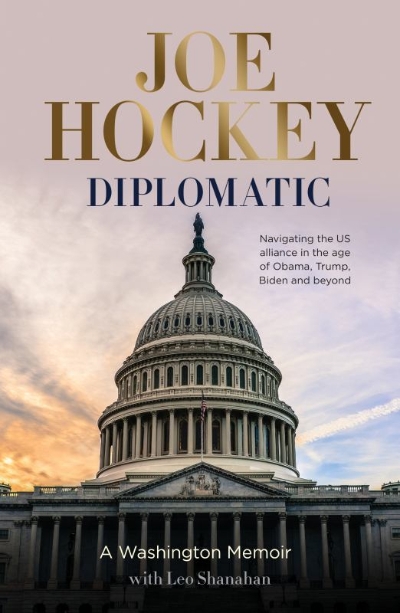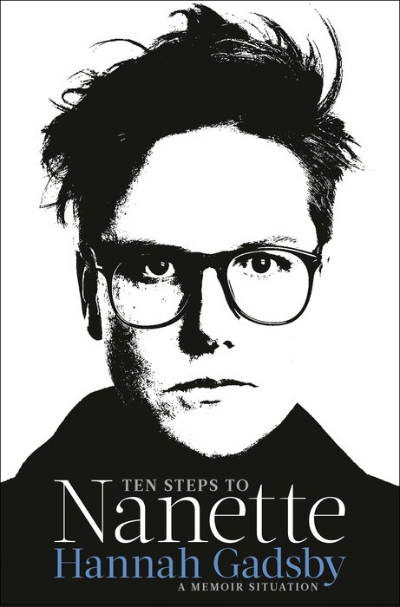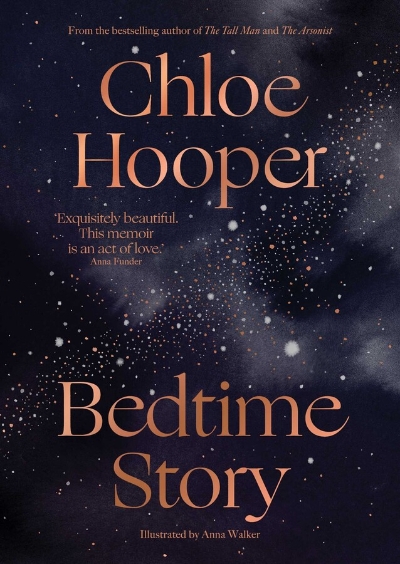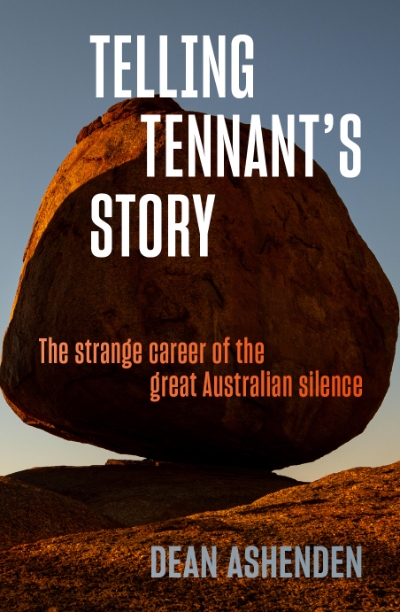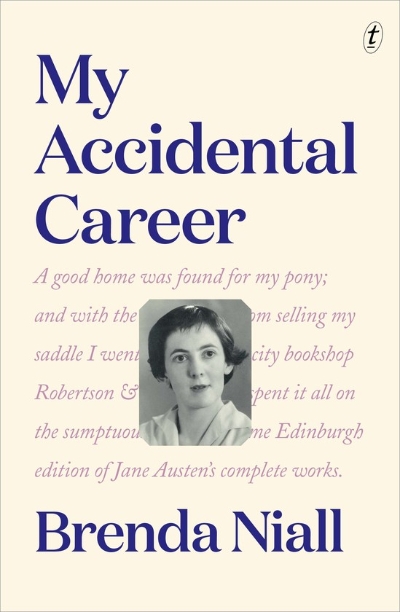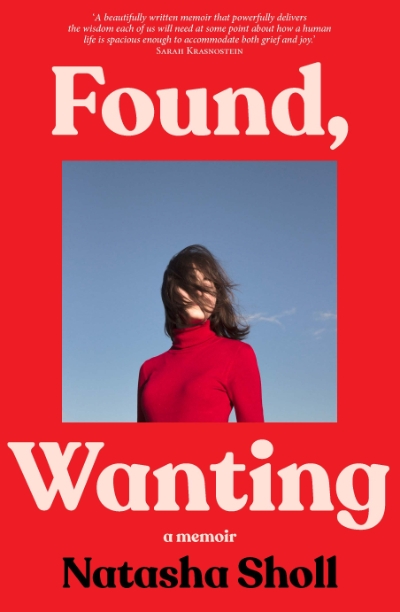Memoir
The Uncaged Sky: My 804 days in an Iranian prison by Kylie Moore-Gilbert
by Hessom Razavi •
Diplomatic: A Washington memoir by Joe Hockey with Leo Shanahan
by Timothy J. Lynch •
Shortly before Simon Tedeschi’s grandmother, Lucy Gershwin, died sixteen years ago, she recorded a memoir of her wartime years. Gershwin, a Polish Jew, was the only survivor of a family obliterated by the Nazis during the Holocaust. Simon Tedeschi’s powerful essay, ‘This woman my grandmother’, reflects on the moment he decided to read her memoirs and encounter the tragic outlines of a life that remains shaded by a reticence typical of her generation.
... (read more)Telling Tennant’s Story: The strange career of the great Australian silence by Dean Ashenden
by Kim Mahood •

